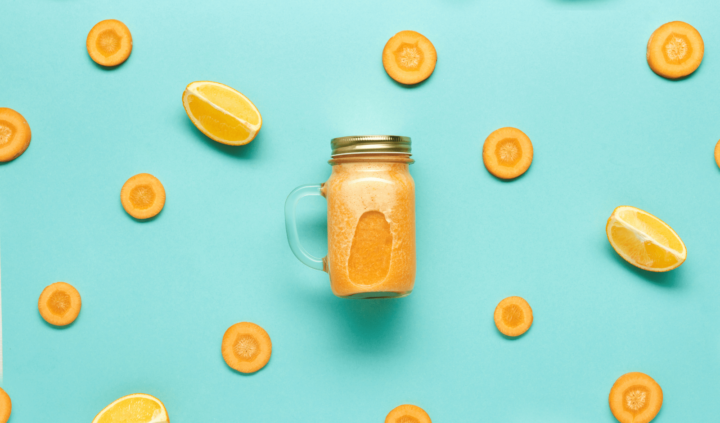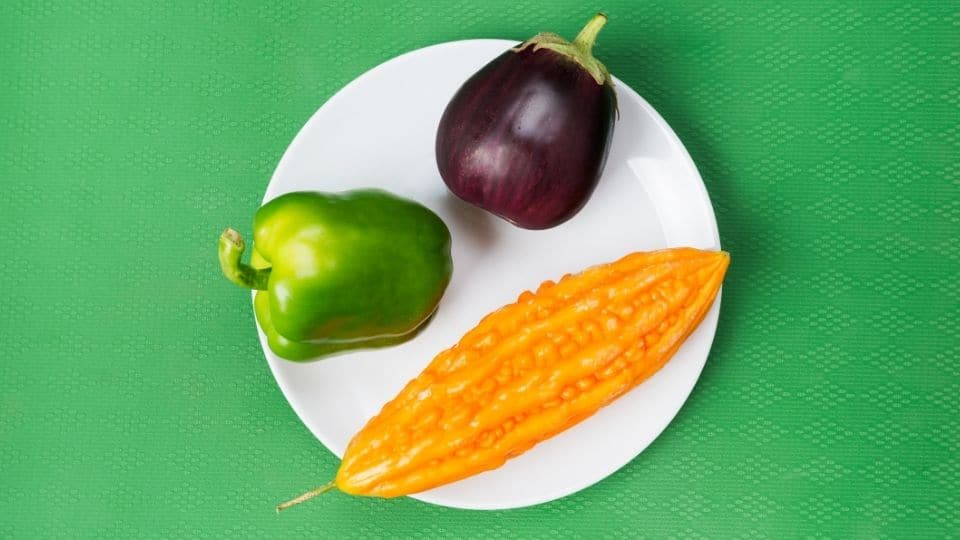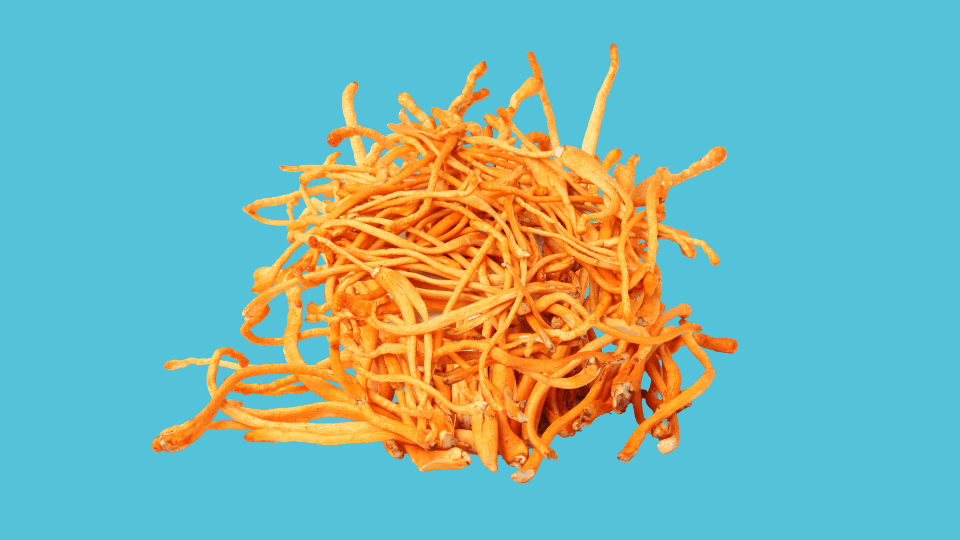Best Superfood Supplements For Immunity

Let’s face it: Getting sick is inconvenient.
It saps your energy and makes it hard to perform well in any area of life. And the more often you’re sick, the longer it takes to reach your goals.
First, there’s the time away from work, the gym and personal projects. Then there’s extra time and expense of going to the doctor, getting tests, taking medication and dealing with the side effects of everything. When all is said and done, you could spend literally months out of every year just dealing with and recovering from illness.
Frustrating? You bet.
But you’re not out of luck. It is possible to boost your immune system naturally — with superfoods.
Signs Your Immune System May Be Out of Whack
What does it actually mean to “boost” immunity? And is it even necessary?
If you’re only sick once and a while, your immune system probably isn’t out of balance. On the other hand, these symptoms may indicate the need for immune support:
- Being tired all the time — Fatigue you can’t shake could result from your immune system struggling to fight off infections it could handle just find if it were stronger.
- Frequent illness — A weak immune system has a hard time defending against common pathogens, so you get sick more easily and may stay sick for longer. People with low immunity often struggle with colds, bronchitis, pneumonia and rashes.
- Slow healing — When you get a wound or injury, your immune system starts an inflammatory cascade to clear out damage and promote healing. Any problems with the process can slow down your recovery.
- Autoimmunity — Autoimmune disorders result from improper immune responses. Your body mistakes normal proteins for invaders and mounts an attack, leading to damage and inflammation.[1]
Is Your Lifestyle Killing Your Immune Function?
Sometimes it’s not your immune system’s fault that you keep getting sick; it’s yours.
You’re responsible for making choices that keep your immune system in top shape, and no superfood or supplement is going to be fully effective unless you take control of a few diet and lifestyle factors:
- Stress — When you’re always living in high gear, you’re flying along on the wings of cortisol. Cortisol is the key hormone in the stress response, and one of its functions is to suppress your immune system. Prolonged stress lowers your lymphocyte count, which makes it more difficult to fight off infections.[2]
- Lack of sleep — Your body takes advantage of the rest you get during sleep to repair any damage done during the day[3] and remove toxins from your brain. Immune cell production also improves, so skipping out on your nightly Z’s deprives you of a natural immune boost.[4]
- Poor diet — Your gut is home to immune tissue called gut activated lymphoid tissue (GALT), as well as Th1 cells, which are active against pathogens. A diet lacking in nutrient-dense, fiber-rich foods—think vegetables, fruits and whole grains—can damage your gut by promoting low-grade inflammation and inhibiting the production of compounds that strengthen gut tissue.
- Imbalanced exercise habits — Crushing a crazy workout puts stress on your body, which musters the immune system to make repairs afterwards. If you don’t give yourself adequate recovery time between sessions, your body may be less able to defend against infections. On the other hand, too little exercise can reduce immune function, so it’s important to find the right balance for your lifestyle and goals.
Check your daily routine against this list, and address anything that’s not on point. Once your lifestyle is in order, you’re ready to supercharge your immunity!
7 Superfoods and Supplements to Boost Your Immune System
Food is always the top choice when looking for ways to naturally improve immunity, but supplements offer a more concentrated dose of beneficial compounds when you need that extra “oomph.” Try these seven nutritional helpers to optimize immune function.

1) Brightly Colored Vegetables
Vegetables with deep, vibrant colors contain antioxidant compounds called carotenoids that protect your cells from free radical damage.
Free radicals form during normal metabolic processes and when you encounter chemicals or stressors in the environment.
Too many free radicals can accelerate cellular aging and lead to a drop in immune function. This may be due to aging of the thymus, which is where T cells go to mature.[5]
As part of the adaptive immune response, T cells are largely responsible for helping your body learn to recognize and respond to pathogenic invaders.
Add foods like carrots, dark leafy greens, sweet potatoes, beets, mangoes, squashes and tomatoes to meals for a daily infusion of carotenoids.[6]
2) Berries
The dark pigmentation in berries signals their high antioxidant content. This makes berries one of the most powerful superfoods for immunity. Flavanoids like anthocyanins team up with a range of vitamins and minerals to smack down free radicals and support strong immune responses.[7]
You don’t need to shell out for something expensive like goji berries to get the benefits. Regular old blueberries will more than do the trick! If you want to take it up a notch and try a different superfood, açaí berries are another power-packed option.
3) Berberine
Found in plants like Oregon grape, barberries and goldenseal, berberine has been a big deal in traditional Chinese medicine and Ayurveda for centuries. Research indicates it may be effective against:
These combined activities may prevent bacteria from multiplying and promote recovery from inflammatory conditions. However, some people do experience side effects from this immune supplement, including digestive upset, and it’s not safe for very young children.[10]
4) Citrus (and Red Bell Peppers!)
When you seek answers for how to boost immunity naturally, you’ll inevitably come across someone singing the praises of vitamin C. And it’s true: Vitamin C acts as a super sidekick for your immune system.
In addition to its antioxidant power, vitamin C supports immune function by enhancing immune cell activity, reducing histamine release and improving immunomodulation. This results in a more balanced immune response.
Vitamin C is also a great ally for workout recovery. It aids in tissue repair to speed healing after workouts or when you’re injured — which frees up your immune system to do its job keeping you healthy.[11]
Clever marketing has positioned oranges as the best source of vitamin C, but it’s found in a bunch of other fruits and veggies, too. Bell peppers are a notable source with three times the vitamin C of oranges per ounce![12]
Because vitamin C degrades over time and when exposed to heat, light and air, choose fresh foods in their raw forms to get the most benefit for immunity.

5) Medicinal Mushrooms
Eastern cultures have used medicinal mushrooms for thousands of years to address a range of ailments.
Although modern science is only beginning to uncover why certain mushrooms are superfoods for immunity, research points to complex carbohydrates called beta-glucans as the source of the ‘shroomy magic.
Beta-glucans boost immunity by:
- Activating your body’s complement system to help attack and clear out pathogens[13]
- Enhancing macrophage and natural killer cell function to strengthen immune defenses[14]
Medicinal mushrooms may also combat inflammation through antioxidant activity, which is beneficial for support and recovery when you lead an active lifestyle.
6) Omega-3s
If you’re looking for broad-spectrum superfood immune support, say hello to omega-3 fatty acids. Omega-3s are often touted for their anti-inflammatory properties, but they also have significant benefits for overall immunity.
Animal studies indicate omega-3s may:
- Reduce inflammatory cytokines
- Improve phagocytosis, in which immune cells ingest and destroy pathogens
- Help regulatory immune cells differentiate
- Reduce mast cell activation to normalize immune responses[15]
The mechanisms behind this broad-spectrum activity aren’t completely understood, but since omega-3s are essential for health, you should make them a regular part of your diet. Get your daily dose from flax, hemp or chia seeds or in an algae-based supplement.
7) Sulforaphane
Would you be surprised to learn that tiny broccoli sprouts are actually mighty immune boosters? Then prepare to be amazed, because they are — thanks to sulforaphane.
Sulforaphane is a plant compound known as a polyphenol. It’s particularly concentrated in cruciferous vegetables like broccoli, cauliflower, Brussels sprouts and cabbage and has high bioavailability, meaning your body can absorb it more easily than other polyphenols.[16]
Antioxidant activity is the key way sulforaphane boosts your immune system. It may also have antiviral and antibacterial properties and can support natural detoxification.[17] Some studies suggest sulforaphane may suppress some T cell activity and development, which could aid in regulating the immune response to prevent autoimmune reactions.
Although sulforaphane supplements are available, not much is known about the ideal dose. The safest way to get an immune-boosting blast of this compound is to add some broccoli sprouts to your smoothies and salads.
Using Immune System Booster Foods and Supplements Safely
If you’re on any medications, talk with your doctor about potential interactions or side effects before taking supplements.
Go for high-quality products without fillers and binders, and always follow the dosing instructions.
And if you do get sick, play it smart! Take care of yourself, rest up and see a doctor if your symptoms don’t clear up within a few days.
Superfoods and immune-boosting supplements aren’t “cure-alls,” but they can bring you a little extra insurance when you’ve been exposed to illness or aren’t feeling quite up to par.
Combine natural immune system support with a healthy lifestyle and smart sleep habits to give pathogens a one-two punch and get back to your active life sooner.

